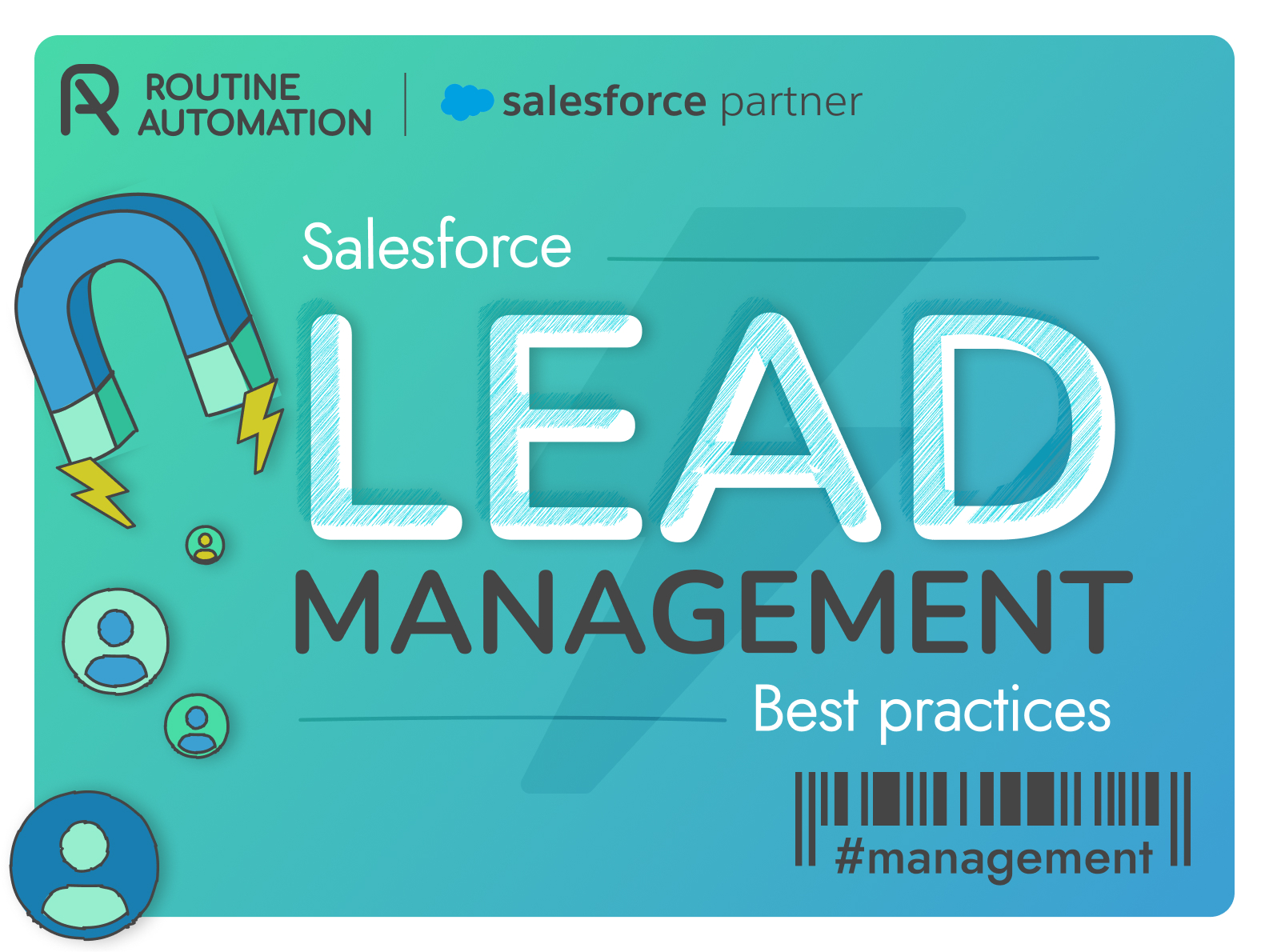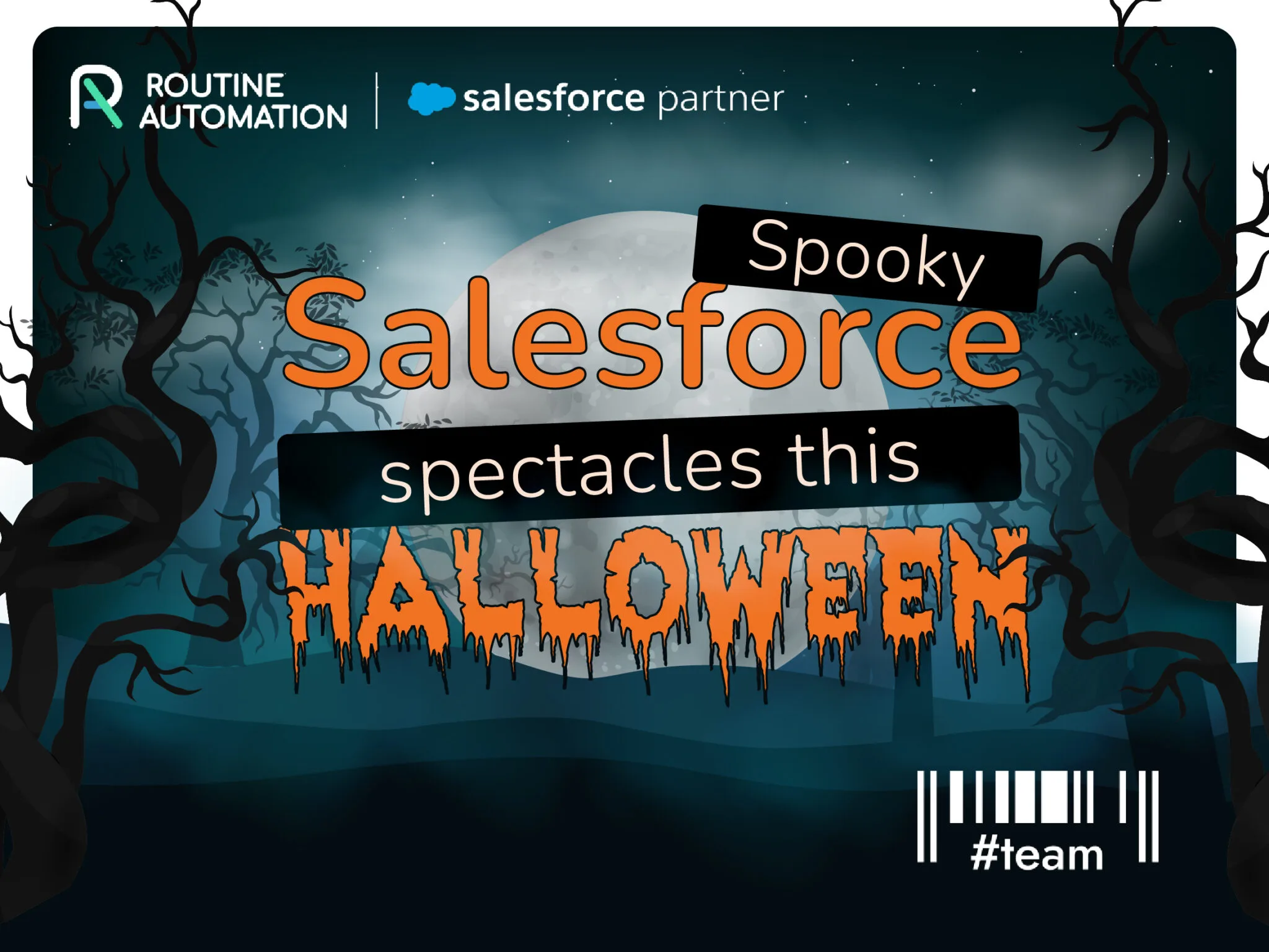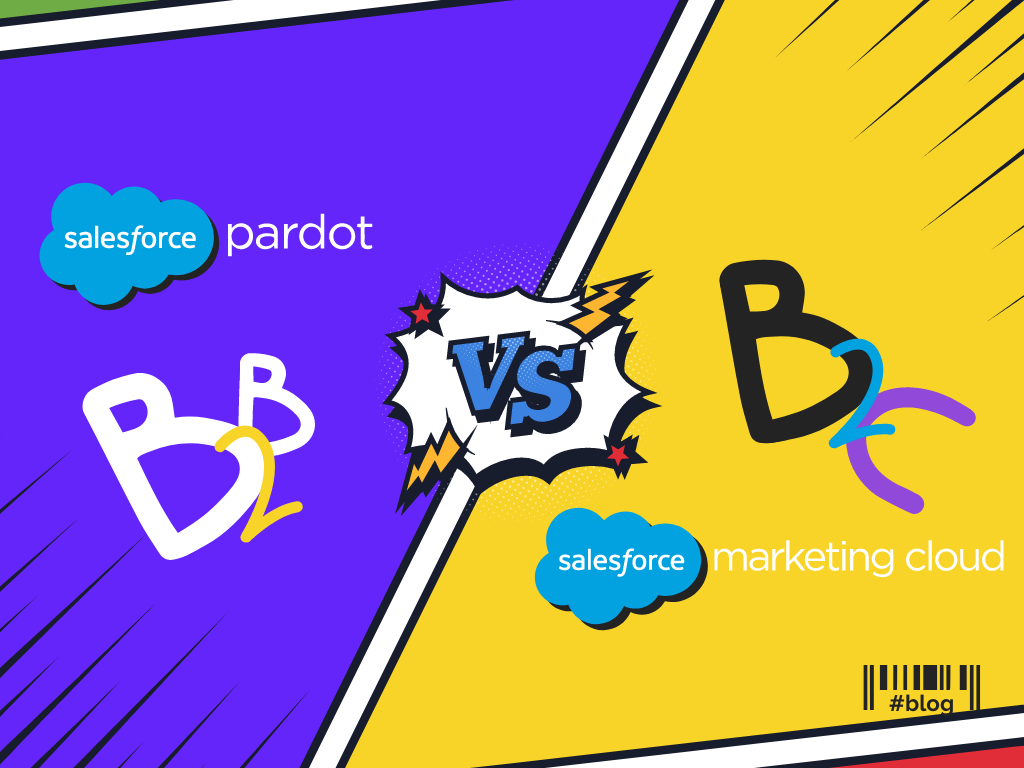Salesforce lead management: Best practices
10 min
06.10.2023
Updated: 19.06.2024

Effective lead management is crucial for fueling business growth. With Salesforce as your CRM, you have powerful tools at your disposal to capture, nurture, and convert leads into revenue-generating opportunities. However, success requires more than just technology – you need to implement strategic best practices across your sales and marketing teams.
Welcome to the realm of optimized lead management in Salesforce, where every interaction is an opportunity for growth and success! In this insightful journey, we’ll be led by the proficient Natalia Zenewska, a seasoned Customer Success Manager at Routine Automation. We’ll walk through key steps for optimizing Salesforce for lead management to accelerate your sales cycle and boost conversions.
What is Salesforce Lead Management?
Salesforce lead management refers to the processes and tools used to capture leads, qualify them, nurture relationships, and ultimately convert leads into new business. This includes:
The goal is to streamline your lead-handling process to focus efforts on hot prospects and accelerate the path from lead to customer.
With Routine Automation’s expertise, you can optimize Salesforce to capture more qualified leads and systematically develop relationships until sales are ready. Our consultants will ensure your CRM provides visibility into the entire pipeline.
Why Invest in Salesforce Lead Management?
With effective lead management, you can:
With an optimized lead management strategy powered by Routine Automation, you can realize the full revenue-driving potential of Salesforce through increased productivity and intelligence.
Key Features for Salesforce Lead Management
Salesforce provides several features to support core lead management capabilities:
These tools provide the building blocks, but effective lead management requires optimization and adoption of best practices. Routine Automation can help you maximize ROI from these capabilities through tailored configuration, training, and enhanced functionality.
10 Best Practices for Salesforce Lead Management
Follow these guidelines to maximize the value of Salesforce for managing leads:

Define Lead Stages and Status Values
Map lead statuses to the stages in your sales process. For example:
Adjust the picklist values and criteria that trigger status changes to match your workflow.

Standardize Lead Processes
Document consistent lead handling procedures for sales teams to follow, including:

Set Up Lead Scoring
Use point systems to rate leads based on engagement, profile fit, and behaviors like visiting your site, opening emails, and requesting demos. Set thresholds to determine sales readiness.

Build Targeted Nurture Campaigns
Develop automated email nurture tracks tailored to different lead segments and stages. The track opens, clicks, and conversions to optimize content.

Distribute Leads via Rules and Queues
Route new leads to appropriate reps automatically based on criteria like industry, product interest, and lead source. Prevent lead overload with queues.

Foster Sales and Marketing Alignment
Facilitate coordination between teams with shared lead data, service level agreements (SLAs), and defined handoff procedures between stages.

Take Advantage of Automation
Automate repetitive lead tasks with assignment rules, workflow rules, lead scoring, and integration with marketing systems.

Monitor Performance with Reports
Build reports and dashboards to analyze lead volume, velocity, conversion rates, outcomes by campaign, and more. Review regularly.

Keep Data Clean
Deduplicate records, validate completions, and scrub databases via frequent audits and tools.

Continuously Optimize
Use insights to identify bottlenecks and improvement opportunities. Test new nurture tracks, scoring models, and content offers.
Our engineers will collaborate with your teams to implement proven guidelines customized to your workflows and objectives. With our support, your organization can increase efficiency, conversions, and insight across the lead lifecycle.
Start Streamlining Leads!
Salesforce Lead Management Tools and Integrations
Beyond standard Salesforce lead features, apps and integrations can further enhance your lead management capabilities:
Our experts stay on top of the latest apps and seamlessly integrate the optimal solutions to meet your specific needs for capturing, routing, nurturing and converting more leads.
Get More from Salesforce with Effective Lead Management
With an optimized lead management strategy, you can realize the full potential of Salesforce for capturing, developing, and converting new business. Defining consistent workflows, leveraging automation, and closely tracking performance enables teams to handle more leads, focus on hot prospects, and drive improved sales results.
Implementing the right mix of best practices, technology enhancements, and data-driven decision-making is key to success. By making lead management a priority, you can achieve shorter sales cycles, higher conversion rates, and accelerated growth.
By leveraging Routine Automation’s specialized knowledge and best practices guidance, you can get the most value from your Salesforce investment to drive sales growth through effective lead management. Contact us today to get started.
Boosting Lead Management Efficiency: Tools and Integrations at Work
While the standard Salesforce lead management features provide a strong foundation, additional tools, and integrations can further optimize your workflow. For example, leveraging marketing automation software like Pardot or HubSpot enables more advanced lead nurturing with tailored drip campaigns. These systems can also automate lead scoring to help identify sales-ready prospects.
To keep lead data clean and up-to-date, solutions like Data.com and DemandTools offer real-time enrichment and cleansing to maintain accuracy. Meeting scheduling tools like Calendly allow reps to instantly book meetings with leads at times convenient for the prospect.
Driving Success through Training and Monitoring
Beyond software enhancements, another key to lead management success is training representatives on following best practices consistently. Your managers should clearly communicate responsibilities around lead follow-up SLAs, data entry standards, handoff procedures between marketing and sales, and other guidelines. Ongoing coaching helps reinforce processes.
Regularly monitoring the health of your Salesforce lead management process is also crucial. Look at the key performance indicators (KPIs) like lead response times, conversion rates, outcome by source and campaign, and sales velocity across stages. Review reports frequently and take action to address any bottlenecks or issues reducing efficiency.
For example, if lead follow-up response times start slipping, you may need to redistribute workloads or implement new automation. If conversion rates from certain campaigns drop, it’s time to reassess content and outreach strategies. Any insights uncovered should drive continuous optimization.
Unlock Your Salesforce Potential with Routine Automation
As a certified Salesforce partner, Routine Automation has deep expertise in designing and implementing effective lead management processes on the Salesforce platform. Our consultants can conduct an in-depth assessment of your current workflows and tools to identify areas for improvement.
Leveraging industry best practices, we can help you:
With our team as your guide, you can realize the full potential of Salesforce to capture more leads, focus reps’ efforts on hot prospects, and drive increased sales productivity. Our team will partner with you each step of the way to ensure your lead management process delivers maximum ROI.
Contact us today to learn more about maximizing your Salesforce investment with proven lead management strategies tailored to your unique business needs. Our experts are ready to help you capture, develop, and convert more leads to fuel sustainable growth.






